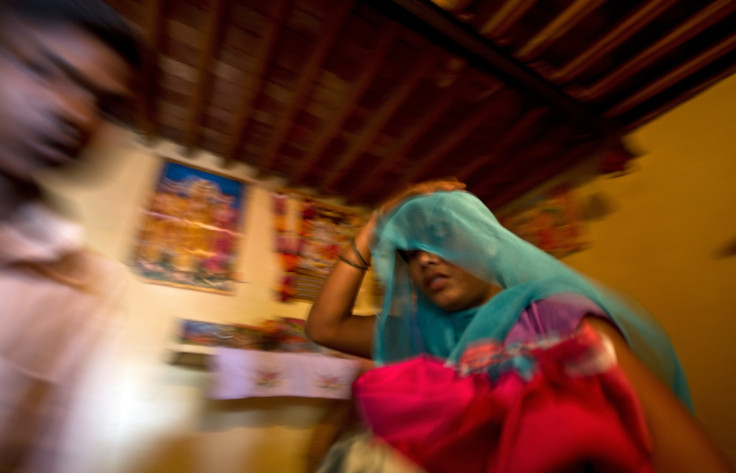Human Rights Day 2014: Facts about rights violations that matter 365 days of the year

Today marks Human Rights Day, observed annually on 10 December, to highlight the fundamental rights that all people are entitled to as a global community.
The day marks the United Nations General Assembly's adoption and proclamation of the Universal Declaration of Human Rights in 1948, the first global enunciation of human rights and one of the first major achievements of the new United Nations.
The day was first formed in 1950, when the General Assembly invited all member states and other organisations to celebrate. The theme for 2014, "Human Rights 365", is a reminder that everyone is entitled to basic rights with the same ideals and values - all year round.
"I call on states to honour their obligation to protect human rights every day of the year. I call on people to hold their governments to account," UN Secretary-General Ban Ki-moon said in a statement.
IBTimes UK looks at facts about human rights violations and why it's so vital that we strive to achieve greater equality:
An estimated 27 million people are currently enslaved in the human trafficking trade globally.
In 2012, 112 countries tortured their citizens and 101 countries repressed their people's right to freedom of expression.
There are 3.5 million children living in poverty in the UK today, which is around 27% of children, or more than one in four. According to Unicef, 22,000 children worldwide die each day due to poverty.
More than 300,000 children under the age of 18 are being exploited as child soldiers in armed conflicts worldwide.
Women make up 80% of all refugees and displaced people and are at heightened risk of physical or sexual violence or trafficking.
Around 15 million girls are forced into child marriage around the world every year. One in three girls in the developing world are married by their 18th birthday, increasing their risk of isolation and violence, and limiting their chance to have an education.
The total number of child labourers remains high, with Unicef and the International Labour Organisation acknowledging an estimated 168 million children aged five to 17 are involved worldwide.
Every 90 seconds, a woman dies during pregnancy or childbirth. Most of these deaths are preventable, but due to gender-based discrimination many women are not given the proper education or care they need.
At least 20.9 million people are victims of forced labour worldwide.
More than 3.2 million Syrians are currently living as refugees, in the largest displacement crisis in a generation.
© Copyright IBTimes 2025. All rights reserved.





















